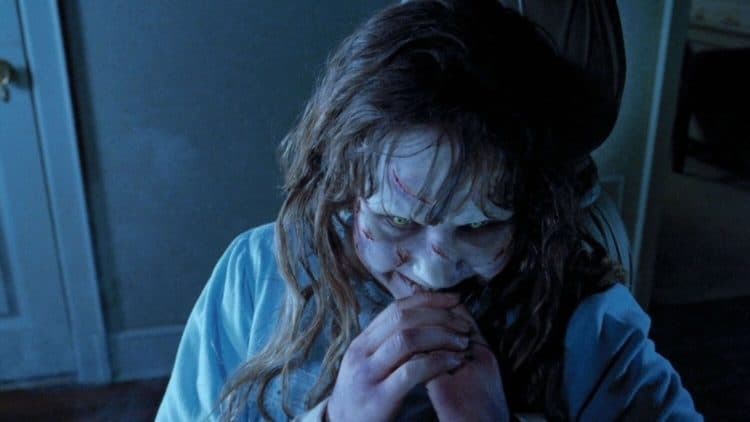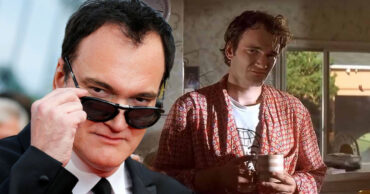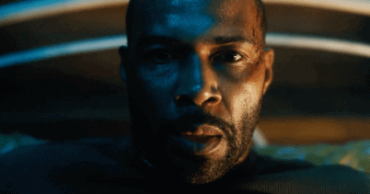
It’s easy to feel torn about The Exorcist. On one hand, it’s a great tale and one that has managed to endure several attempts to outdo it since the sequels haven’t managed to touch it and the prequels have been kind of a joke. But the storytelling, even for its time and even now, feels like something that’s been hyped beyond what it was meant to be, and the director has gone along with it all this time. I can just imagine the amount of hate I would draw in a room full of fans upon saying something like this, but the story of The Exorcist, enticing as it is, still feels like something that could be improved upon if one were to go back and be ambitious enough to take the movie from stem to stern and really work with it as much as possible. Movies that deal with faith and are open for interpretation and discussion tend to force a lot of people to root their ideas in concrete and yet remain just flexible enough that they won’t simply dash one idea to the ground if it doesn’t fit with what they feel is right. But Leap of Faith is something that feels more akin to a documentary that will play up the story and the directors as much as possible in order to get people to continue to believe that it is in fact something worthwhile.
Don’t get me wrong, the movie is worthwhile and even now it’s one that stands out as a horror classic and a movie that might make some people question themselves when it comes to faith, but as a story, it’s still one that feels as though it’s so firmly rooted in the faith that it belongs to that offering up a dissenting voice isn’t going to be widely accepted by a lot of fans, but will definitely be disputed beyond all belief. The possibility of being so lost in a story that one begins to take on the idea that their grasp of it is absolute and can’t, or shouldn’t, be challenged is a phenomenon that many writers and directors, and artists in general, tend to experience, not necessarily suffer from. It has its upside and its downsides as much as anything since the idea that an idea can be sound and entertain the masses is great and can create a drive to bring said story to the people that will allow the artist in question to exude excellence in a manner that will be nothing short of impressive. But getting lost in the hubris of one’s own creation is a dangerous concept at times since it tends to mean that the artist will feed into the hype that the project receives as much as anyone, and will no longer be a voice of dissent or even offer a differing viewpoint that people might want to hear. In other words, The Exorcist is a great story, but it does feel as though it’s been unnecessarily hyped over the years, making it into a bigger legend than it was meant to be.
Do I think that someone could write a better story? Not without taking this story into account and using a great deal of its material for inspiration, no. Stories of demonic possession have come and gone for decades now, and the spiritually-based stories that entertain the audience tend to take many forms, but a lot of them are compared to The Exorcist or one reason or another, and this is either what kills said stories or makes them a little more intriguing. Otherwise, supernatural stories are largely created using special effects that are more conducive to telling a story that requires a grandiose set of images and therefore can’t be entirely practical. Where The Exorcist excels is that it was filled with practical effects to create situations that were bound to test the faith of those that watched, and to frighten the audience and possibly even anger those that might have been offended at the use of such religious implications that were found in the movie. It didn’t hold back, that’s for certain since some of the scenes in the movie were quite graphic and were more than a little troubling. In fact, they might even be troubling in this day and age since there were moments that were downright horrifying. But the idea that it’s a movie that continues to warrant the kind of hype it continues to get, instead of merely the respect that it’s due, is a bit troubling since it would indicate that the movie is more important than the idea that it helped to create. What I’m saying might not make sense to some folks, but the gist of it is that the idea is fluid, dynamic, and can be used in a multitude of ways, where a movie will never change once it’s finished, no matter the number of perspectives it’s seen from.
 Follow Us
Follow Us




